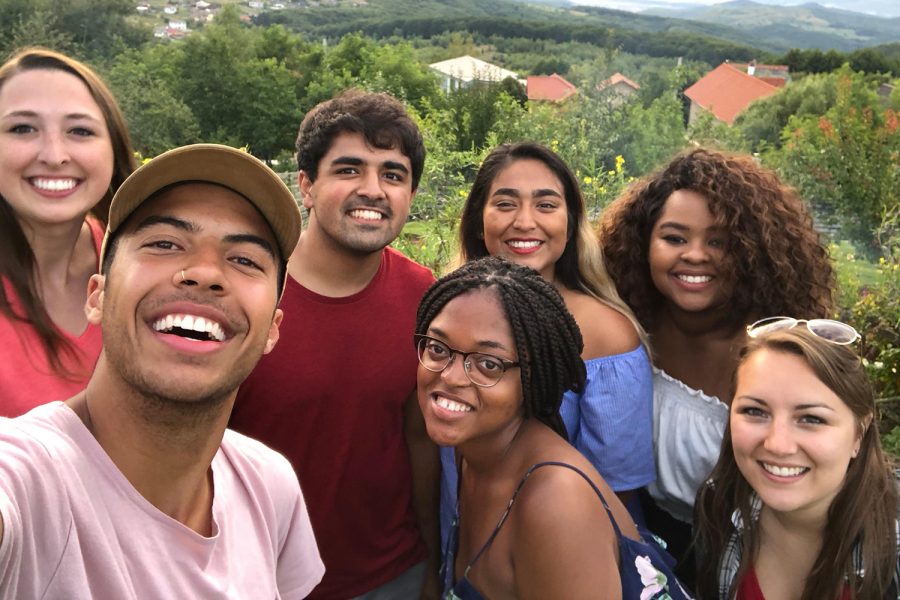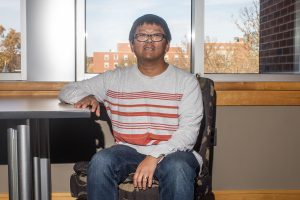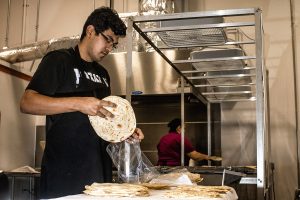UI students aid research among minority populations in Romania
A UI program sent 13 students to Romania for research among the minority Roma population.
October 31, 2018
Some University of Iowa students traveled across the ocean to conduct research with a minority population in Central Europe.
Over the summer, 13 students spent 10 weeks in Romania working with Romanian researchers and the local Roma population. They traveled through the Minority Health and Health Disparities International Training Program, a research training program created by the UI to help foster careers in health for minority students.
The Roma, also known as Romani, are an ethnic group living throughout Central Europe.
Students Darian Thompson and Breanna Kramer-Riesberg helped conduct research in the community of Pata Rât, just outside the city of Cluj. In Romania, the Roma population faces higher rates of poor health outcomes, including higher infant-mortality rates and stress-related health problems than the general population. This, researchers say, is because of a number of different factors, including poverty and discrimination.
“I was able to learn so much in such a short amount of time,” Kramer-Riesberg said in an email to The Daily Iowan. “Each country is struggling with similar problems, just in a different context, so there’s a lot that we can learn from each other.”
RELATED: Fulbright Scholar studies water quality in Romania
Romania was not a country that Thompson knew much about before the trip, which was one of the reasons behind his interest in going. Thompson said the treatment of the Roma population reminded him of how African Americans were treated leading up to the Civil Rights Movement.
“It was surreal to see that they were this bad,” he said.
In his research, Thompson learned that according to surveys, around 56 percent of Romanians would not live near Roma. While Romania’s unemployment rate is 8 percent, the rate among the Roma population is 34 percent, and the jobs they do have are mostly unskilled, low-wage jobs.
“Things like that don’t just change over a decade,” Thompson said. “They take hundreds of years to change, and I don’t think the government is doing enough from what I’ve researched and from what the people I’ve talked to researched.”
Thompson’s particular interest in public health is health equity, and his research on the trip dealt with making sure the Roma population of around 1,500 was receiving proper access to health care.
Kramer-Riesberg’s part on the trip was performing a qualitative research evaluation of an education initiative in the segregated community of Pata Rât. Without the UI Minority Health Program making the trip all-inclusive and expenses paid, she would not have been able to study abroad.
For Global Health student Gricelda Arroyo, a first-generation student from a Mexican-American family, the trip meant more to her than just seeing the world. Arroyo is a part of a project called Do it Yourself: a participative approach to increase participation and engagement of high-school students in physical education and sports classes. It is a two-year program that focuses on five European countries: Italy, Romania, Malta, Albania, and Slovakia.
“That I would be the first in my family to ever go abroad while in college or at all was so unreal,” Arroyo said in an email to The Daily Iowan. “I hope to inspire and encourage first-generation and underrepresented students to follow their dreams.”






